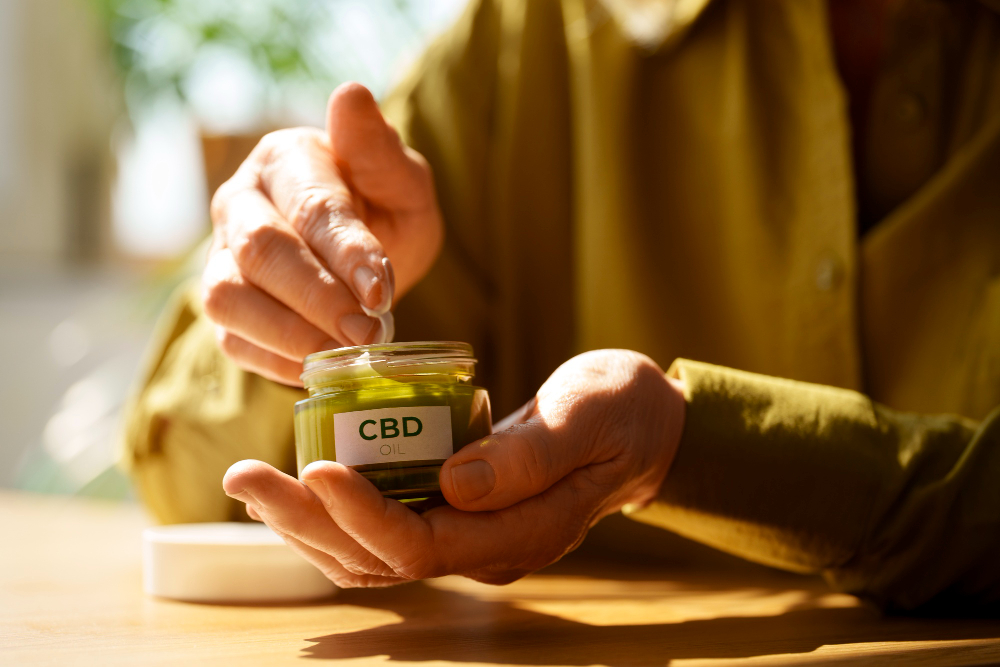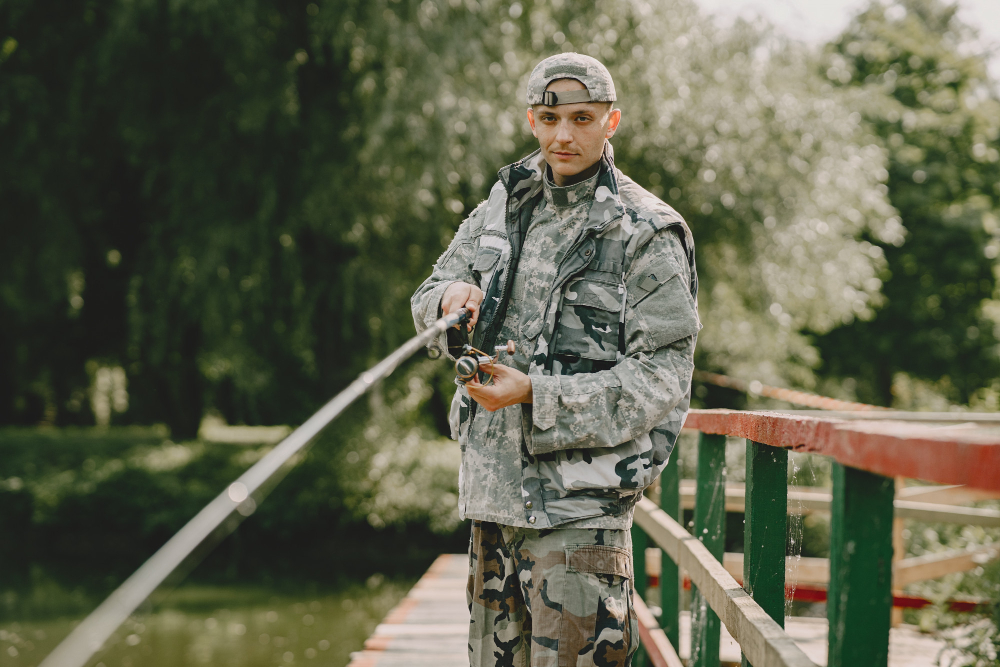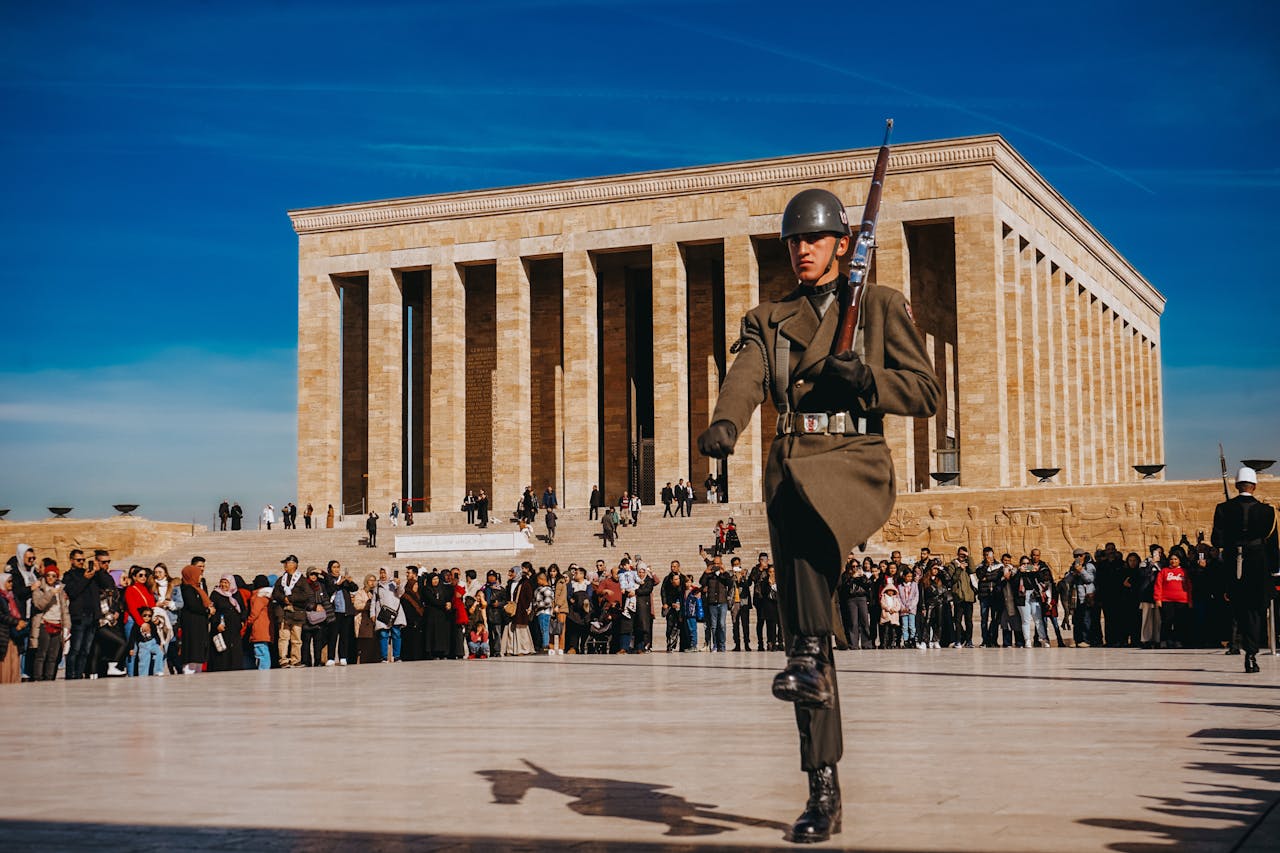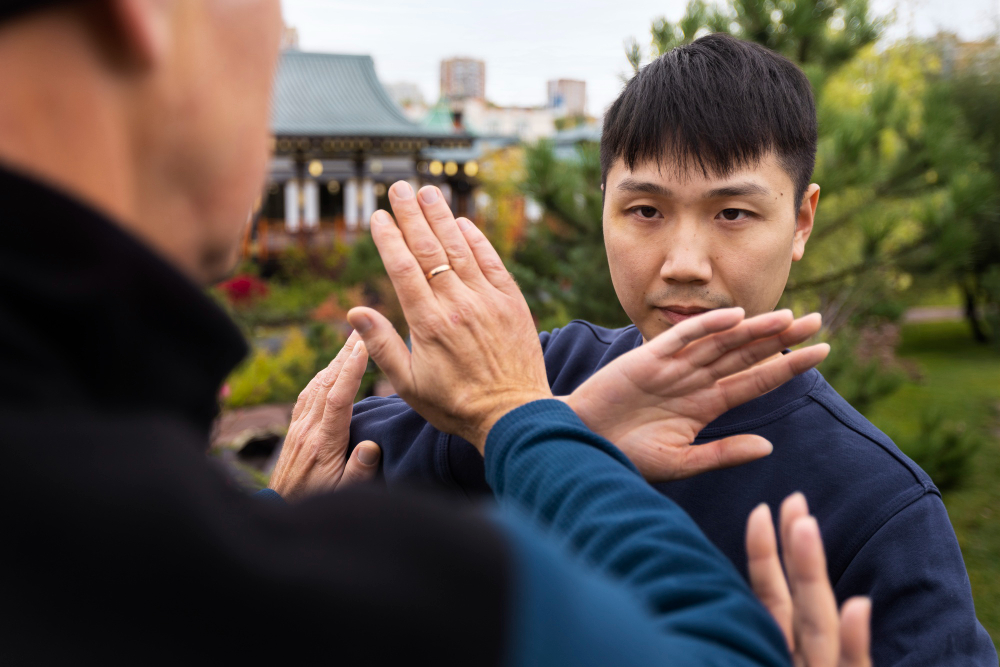Traveling abroad offers adventure, culture, and excitement, but it also comes with a responsibility to follow local laws. What’s legal or harmless in the U.S. may be treated as a serious offense in other countries. From strict dress codes to banned medications, even a small mistake can lead to fines, detention, or jail. This list highlights 10 international laws that have surprised American travelers in the past and could lead to serious trouble if ignored.
1. Chewing Gum in Singapore

In Singapore, importing or selling chewing gum is banned unless it’s for medical purposes. The rule was passed in 1992 to help keep the city clean. While chewing gum isn’t a jailable offense by itself, getting caught importing it or spitting it in public can lead to big fines or even jail. American tourists have been fined just for bringing a pack of gum into the country. Singapore’s laws on cleanliness are strict, and even small violations are taken seriously.
2. Insulting the Monarchy in Thailand

Thailand’s lèse-majesté law makes it a crime to insult or criticize the royal family. Punishments can include up to 15 years in prison. This applies to social media posts, conversations, or even wearing certain symbols in a disrespectful way. In past cases, tourists have been detained for sharing offensive jokes or images online. The law is taken very seriously, and Americans visiting Thailand must be especially cautious when discussing the royal family or politics.
3. Bringing CBD into the United Arab Emirates

Cannabis-related products, including CBD oil, are strictly banned in the UAE, even if they contain no THC. In 2018, an American was sentenced to 10 years in prison for bringing CBD vape oil through the airport. The country has zero tolerance for drug-related items. Even trace amounts found in luggage or clothing can lead to arrest. What’s legal in many U.S. states could result in serious charges in countries with stricter drug laws.
4. Wearing Camouflage in the Caribbean

In several Caribbean nations, including Barbados, Jamaica, and Saint Lucia, wearing camouflage clothing is illegal for civilians. The laws exist to prevent confusion between civilians and military personnel. Tourists caught wearing camo shorts or hats can be fined or arrested. Many Americans pack camouflage as casual beachwear without realizing the local laws. It’s important to check dress codes before arriving, especially in tropical or military-sensitive regions.
5. Public Displays of Affection in the Middle East

Holding hands or kissing in public is seen as offensive in many Middle Eastern countries. In the UAE, Qatar, and Saudi Arabia, even married couples can be warned or detained for public affection. In one 2010 case, a couple in Dubai was jailed for kissing on the lips in a restaurant. These rules reflect cultural and religious values and are enforced by law. Tourists should always be aware of local customs to avoid unwanted attention or arrest.
6. Photographing Military Sites in Turkey

In Turkey, taking pictures of military buildings, personnel, or police stations is strictly forbidden. Travelers have been detained and questioned after snapping photos near army checkpoints or airfields. The law is designed to protect national security, and authorities may see photography as spying. Even innocent photos taken from far away can raise suspicion. It’s always safest to ask before taking pictures in unfamiliar places, especially where uniforms or fences are visible.
7. Feeding Pigeons in Venice, Italy

Feeding birds in Venice’s famous St. Mark’s Square may seem harmless, but it’s been banned since 2008. The law was introduced to protect historic buildings from damage caused by bird droppings. Tourists caught feeding pigeons can face fines of over $700. Authorities patrol the area to enforce the rule. Even offering a crumb to a bird can be considered a violation. Travelers should follow local signs and resist the urge to interact with wildlife in city spaces.
8. Carrying Prescription Drugs Without Proper Documents in Japan

Japan has very strict rules about medicine. Many over-the-counter drugs in the U.S., such as inhalers or cold medicine with pseudoephedrine, are banned in Japan. Travelers caught with these drugs may have them confiscated or face detention. In some cases, American tourists have been jailed for bringing personal prescriptions without paperwork. Japan requires official documentation and pre-approval for many medications. It’s important to check with the embassy before packing any medicine for your trip.
9. Wearing High Heels at Ancient Sites in Greece

In Greece, wearing high heels at archaeological sites like the Acropolis has been banned since 2009. The law protects ancient stone from damage caused by narrow-heeled shoes. Tourists caught wearing the wrong footwear can be asked to leave or fined. Guards at the entrances check shoes during busy travel seasons. While it may sound unusual, the rule helps preserve fragile ruins. Wearing comfortable shoes is not just smart, it’s sometimes required by law.
10. Criticizing the Government in China

In China, speaking out against the government or sharing banned content online can lead to detention or worse. Tourists are not always protected from censorship laws. In past cases, visitors were questioned for posting political opinions on social media, even if the post was made before entering the country. Tourists are advised to avoid sensitive topics during their stay. Respect for national symbols and avoiding public protests are key to staying safe during travel in China.


